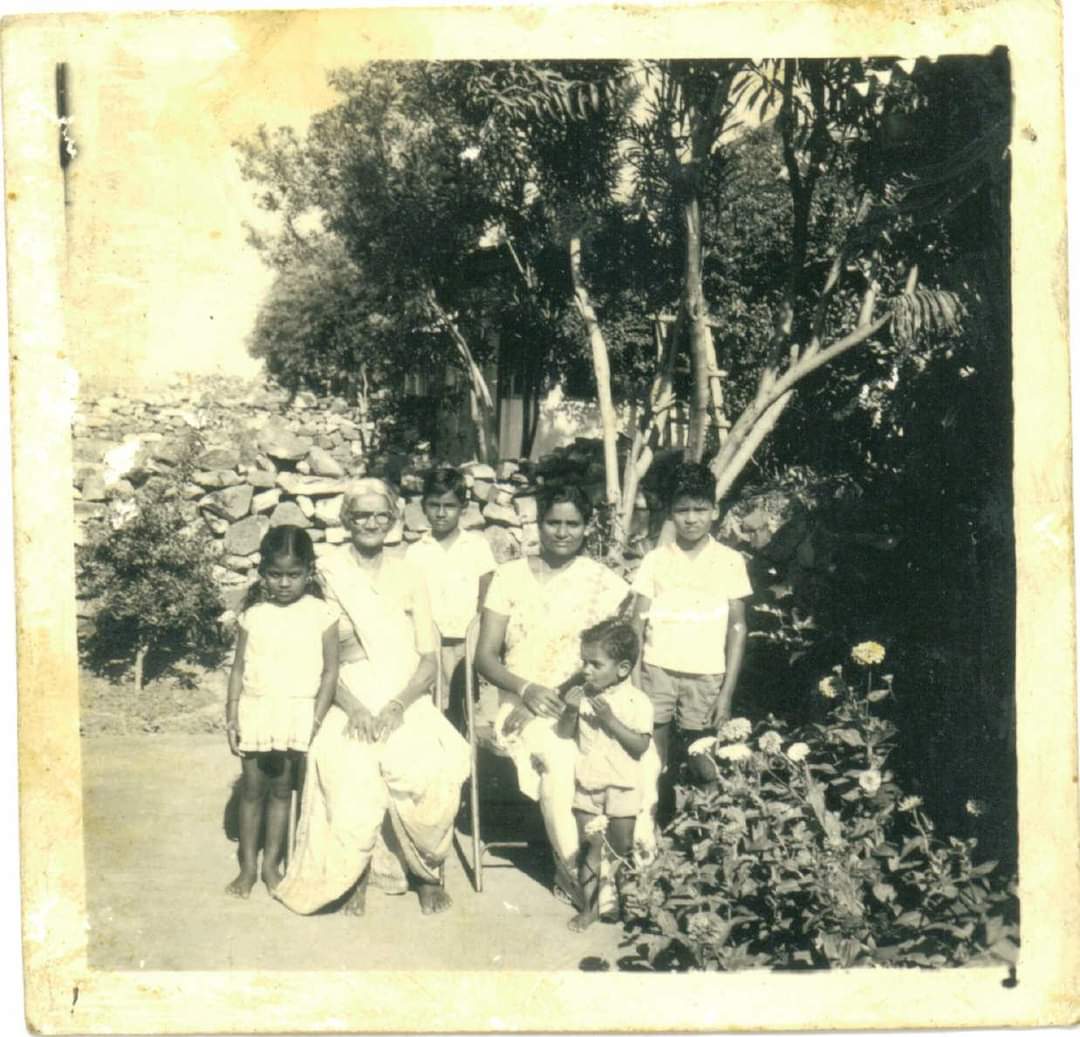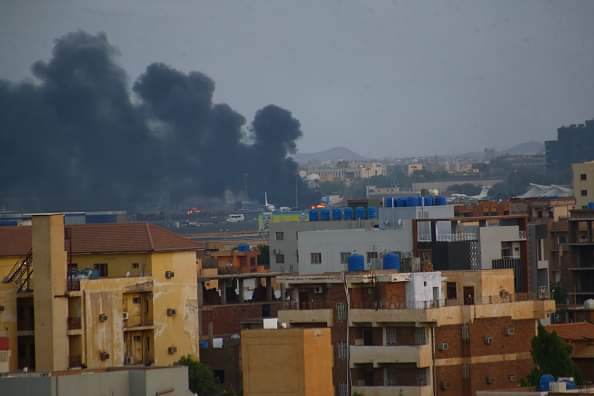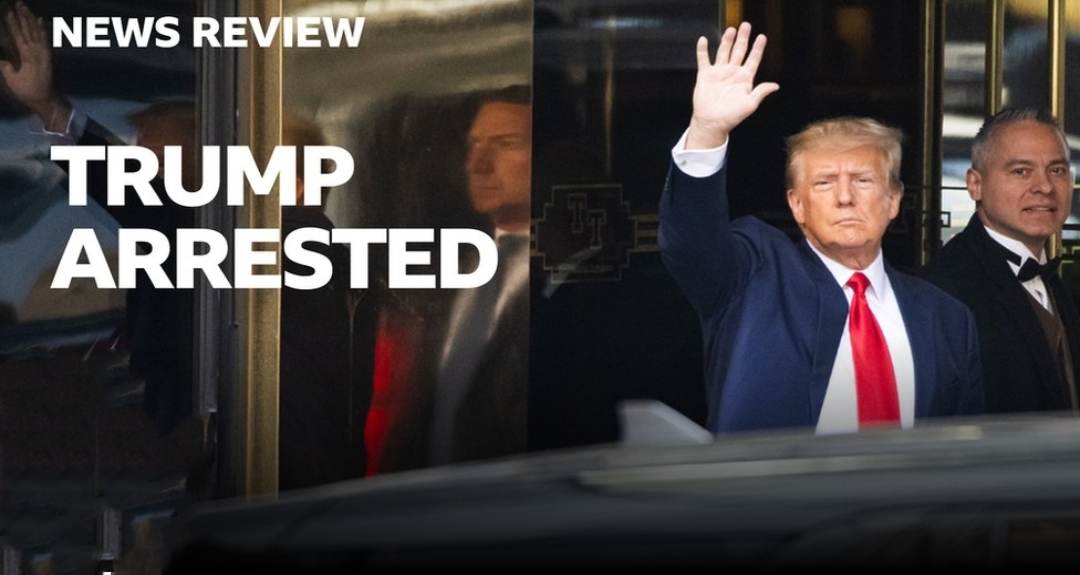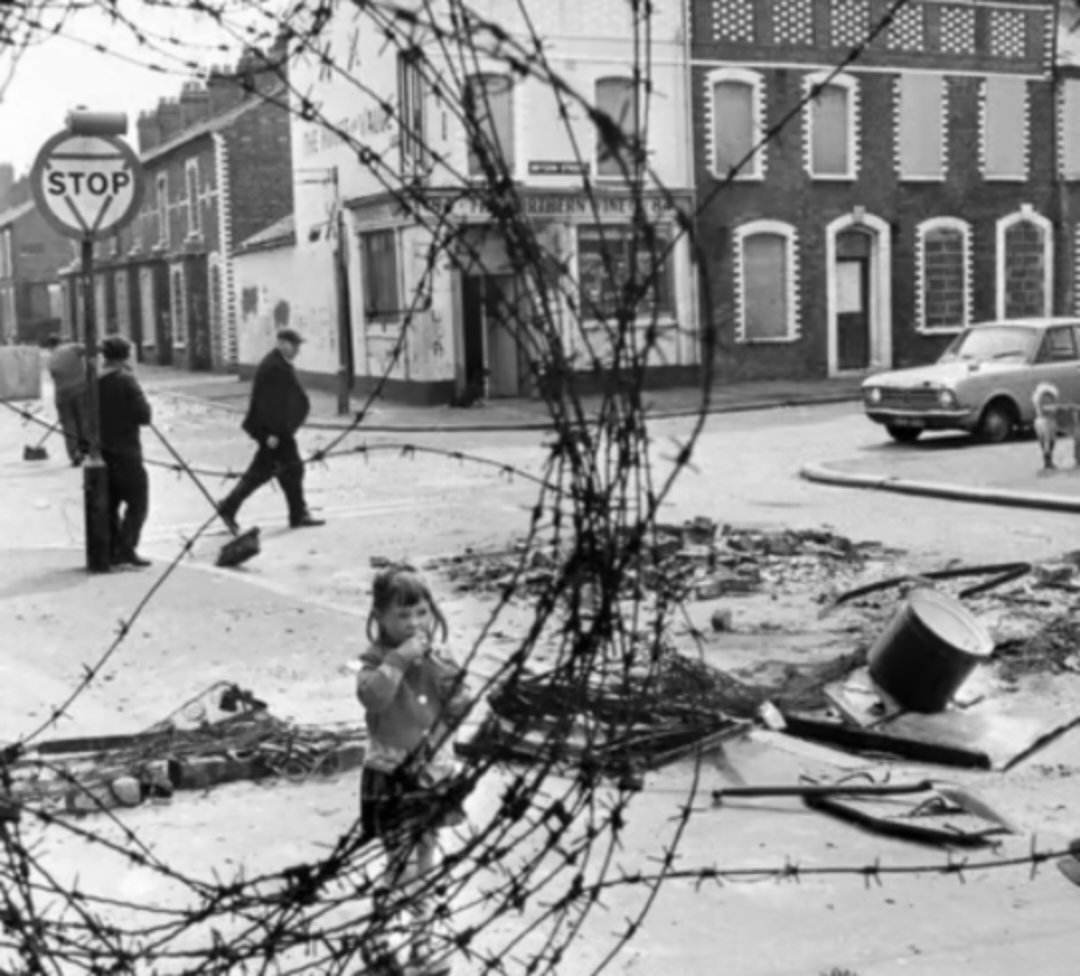“It is very much prevalent in society everywhere in India – and those prejudices and biases are coming along with Indians to [the US].”

“It is very much prevalent in society everywhere in India – and those prejudices and biases are coming along with Indians to [the US].”
Harsha Pilli is a tech worker of Indian descent who says he’s experienced discrimination in corporate America. He believes he was singled out because of an invisible factor — one he was born into, and never believed that he would have to think about in the US.
He says he has been targeted because of his caste.
🎧 https://bbc.in/41xiHOB
By 2022, a quarter of all technical staff in the San Francisco Bay area were of Indian descent. Today, the leaders of Google, Microsoft, IBM, Adobe, and many other companies are all Indian.
But there’s a dark side to the Indian-American dream: caste discrimination.
The caste system is an ancient social hierarchy, banned in India since 1948. But for some, discrimination remains an everyday reality. Dalits – the people from the caste that used to be known as “untouchable” - still face poverty, hate crimes, and are overrepresented in prisons in India.
Claims that caste discrimination had found its way to the US emerged in 2020, when California regulators sued Cisco Systems, accusing it of discriminating against a Dalit American engineer. Afterwards, a US-based Dalit civil rights group called Equality Labs says it received more than 250 unsolicited claims of caste discrimination at other technology firms.
Harsha Pilli says he was discriminated against at a company he doesn’t want to name.
The trouble started when a manager he says was from a “privileged” caste asked him for the spelling of his surname. He thought nothing of it at first, but then realised that “Pillai” or “Pillay” tend to be so-called higher caste names in South India, while his surname “Pilli” is predominantly Dalit.
Harsha was a good worker at the company, but when that man became his direct line manager, he suddenly started getting zero ratings in his performance appraisals. When his line manager changed again, his appraisals immediately improved.
Harsha took the case to human resources, but caste discrimination couldn’t be proved. In most of the USA, caste is not a legally protected characteristic, unlike race, sexual orientation, religion, sex or disability.
But in March 2023 a California senator introduced the USA’s first state bill to make caste discrimination illegal.
Although there is a growing movement in the USA to make caste a protected characteristic, there are dissenting voices. The Hindu American Foundation, a US based civil rights group, objects to laws banning caste discrimination, claiming that they are “Hinduphobic”. They say that’s because Hinduism is the religion most closely associated with the practice. This is disputed by academics and Dalit activists.
Harsha says he was only able to complain because he is a US Citizen. Some tech workers are not so lucky; many of them are on specialist H-1B work visas and fear losing their residency if they make a complaint. As Harsha says: “Being on an H-1B visa keeps a person vulnerable”.


